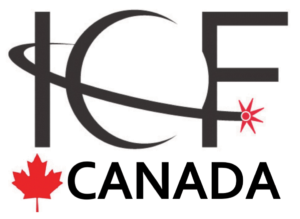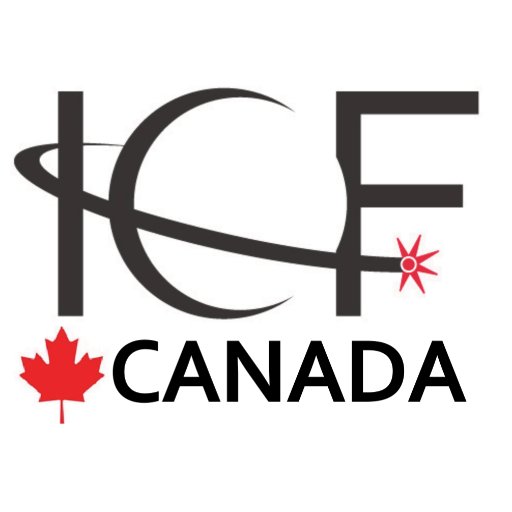
Broadband: the essential utility
The Intelligent Community Forum Canada’s Technical Committee produced a timely report entitled Broadband: The Essential Utility last fall, which was submitted to the CRTC. The Technical Committee took an evidence-based approach that broadband should be declared an essential utility. It also declared that equitable access to the Internet should be a right of every Canadian as entrenched in the Charter of Rights and Freedoms. The Committee based this approach on the principle of “equality before and under law and equal protection and benefit of law,” (Canadian Charter of Rights and Freedoms), because in the digital age equitable access to the Internet is a determinant of one’s equal access to healthcare, education, government, marketplaces and the Right to “pursue the gaining of a livelihood.”
It is noteworthy to consider that the United Nations, as far back as June 29, 2012, declared that, “The promotion, protection and enjoyment of human rights on the Internet,” to be fundamental to, “all Rights under Promotion and protection of all human rights, civil, political, economic, social and cultural rights, including the right to development.” In this view, broadband is the next essential utility, as vital to economic growth as reliable electricity, clean water and good roads. These utility “systems are engineered for scalability, can support new uses, and upgrades do not typically require changes to the ways that people engage with the services. As broadband becomes more essential to the economy and everyday life, should not expectations for ease of use and availability and affordability be the same as those for water or electricity? If so, it seems that simple, unconstrained, upgradable models for broadband provision will be the preferred choice in future.”
Thanks to Campbell Patterson, Chair and the entire ICF Canada Technical Committee for their work on this document. This report has been quoted around the world where ICF Intelligent Communities are seeking to have their municipalities and regions adopt the principles behind this approach. This is a brief excerpt from the report. To see or obtain a full free copy, see: https://icf-canada.com/public-reports-white-papers
![]()
![]()
Want to have a voice in iCommunity.ca, the official newsletter of ICF Canada? Please send your blogs, announcements and other interesting content to John G. Jung at [email protected]

ICF Canada 1310-20 Bay Street Toronto, Ontario M5J 2N8 www.icf-canada.com
Contact: John G. Jung at [email protected] 1-647-801-4238 cell
Want to change how you receive these emails?
You can update your preferences or unsubscribe from this list
